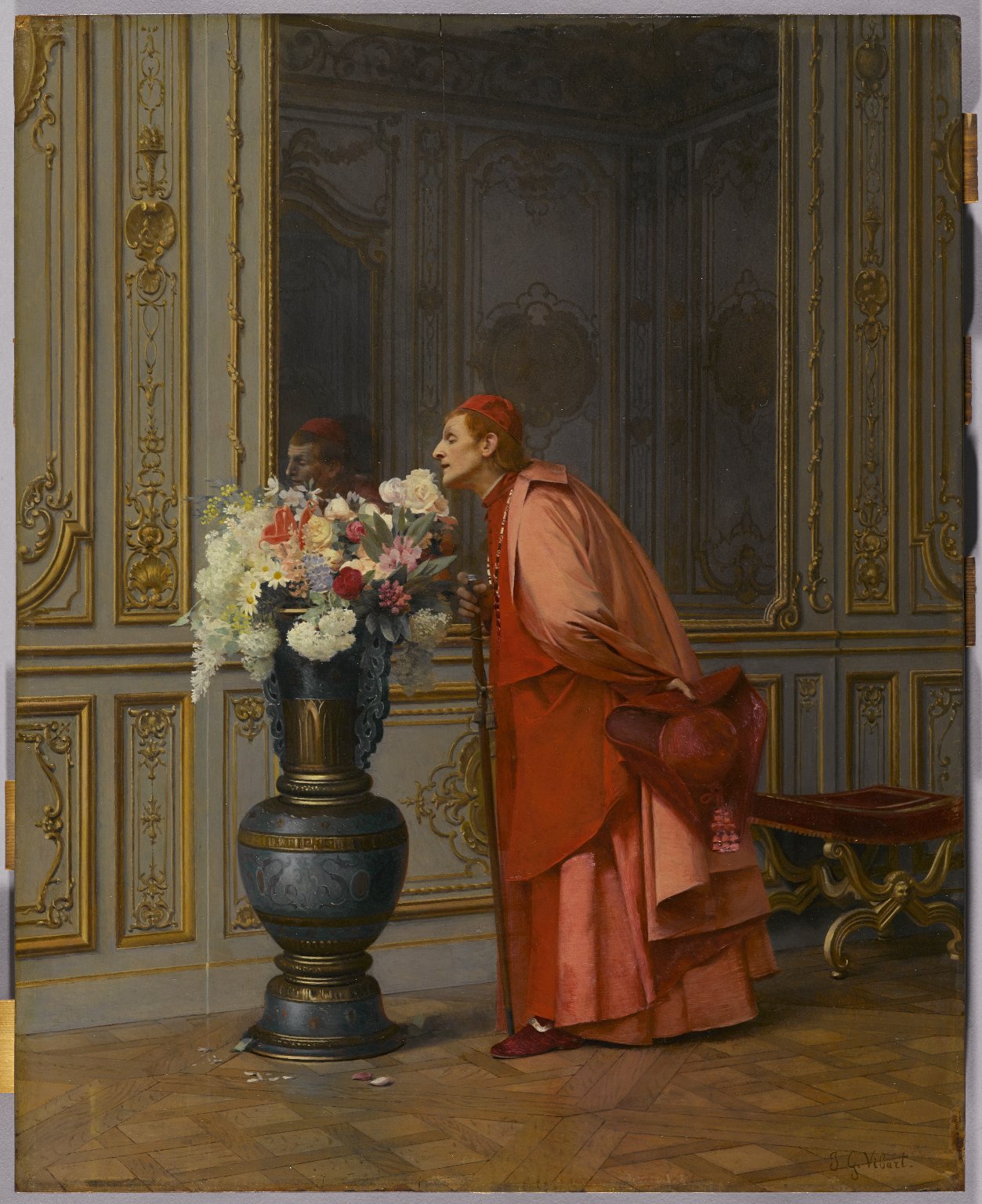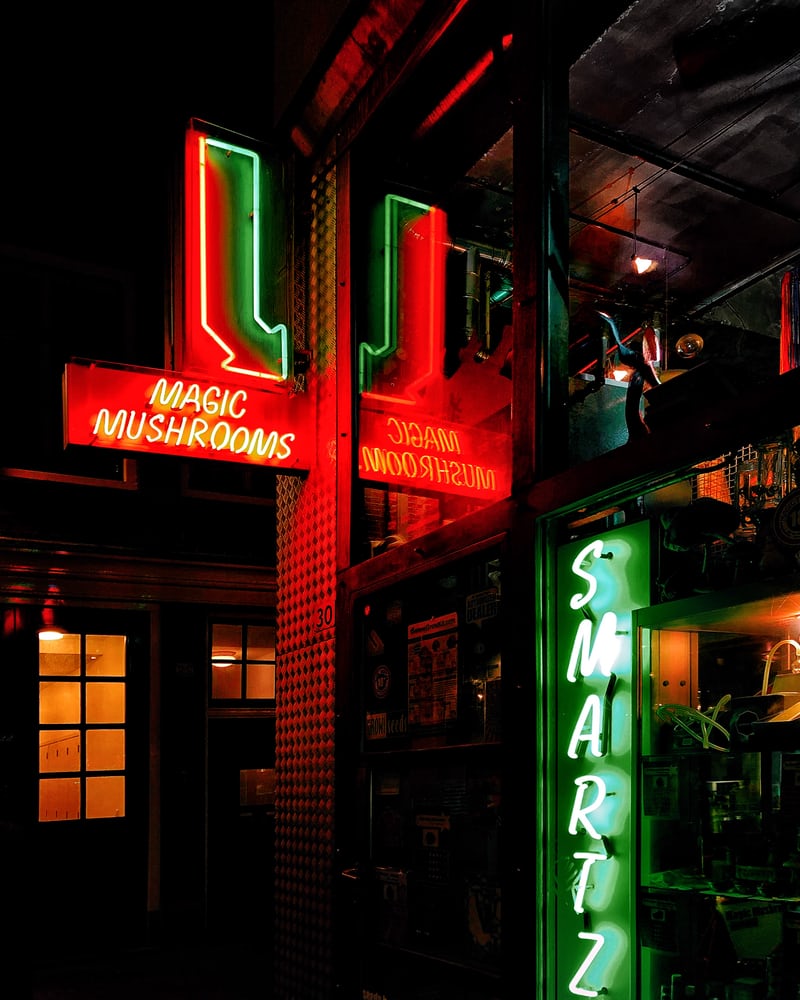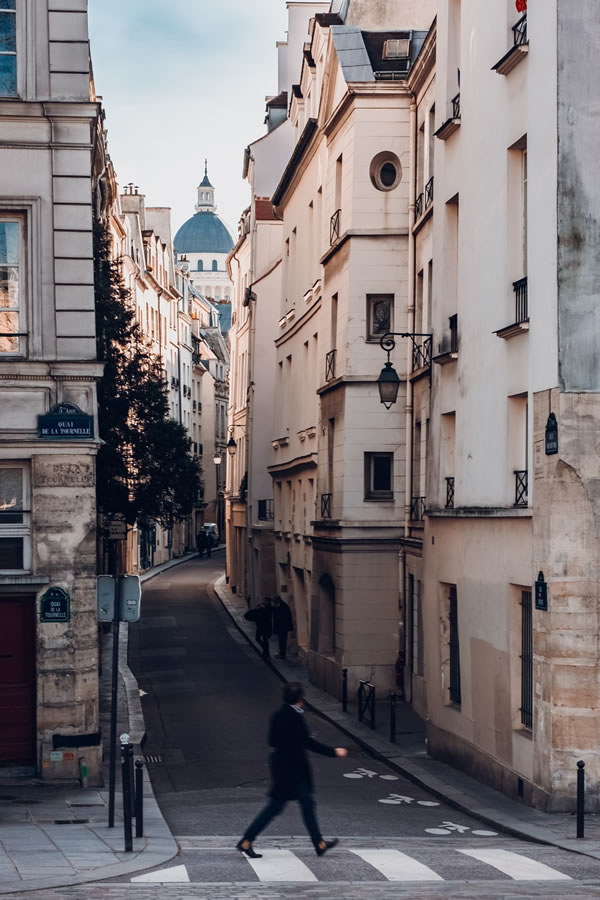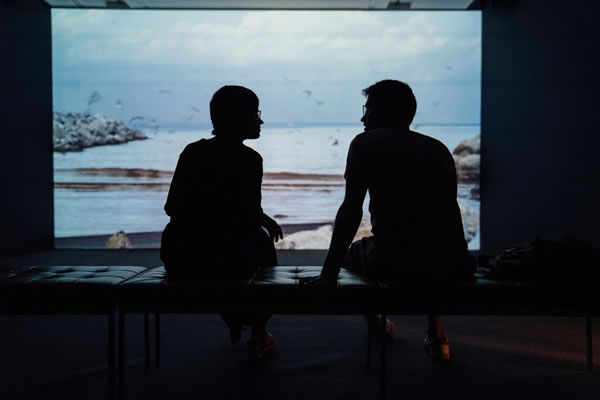
We’re taught that choice is good but is it? Perhaps you don’t need choices as long as what you are offered and what you do is perfectly suited to you. In luxury travel this process starts with someone asking you all the right questions once before they get to work on your behalf.
Take time to think not just about why and how you travel, but also what kind of traveller you are. Are you a maximiser or a satisficer? Then where do you fall on the allocentric – psychocentric spectrum? Do you like to make choices, or do you prefer to relinquish control and have someone take responsibility? And are you actually qualified to make the right choices, or is there value in handing the difficult decisions over to an expert?
Historically a good travel advisor was someone who knew everything about the destinations they were recommending, down to the thread count of the hotel sheets, and the view out of the window. Asking a client whether they prefer one thing or the other can be lazy however. This puts the final decision in the hands of the non-expert, and expects them to make a considered choice for themself. Realistically if the travel advisor has asked the right questions and listened to the answers, they should intuitively know the right choice and have a rationale and confidence in their recommendations. In fact the client should have confidence in a travel advisor’s ability to make the right decision every time with minimal time investment on their part before even engaging them.
Perhaps counterintuitively, offering too many choices and options is the mark of a poor travel advisor. Multiple hotels, even more rooms, logistical possibilities and then endless ideas of things to do. The reality is that they don’t have a clear enough sense of what their client needs so they simply offloading the responsibility on them.
A modern luxury travel advisor has different qualities. Of course, deep destination knowledge is a given but much of that information is readily available on the web. The modern luxury travel advisor should have the subtlety and empathy of a therapist and the relentless curiosity of an investigative journalist. They need to ask the right kind questions to get clear understanding of your motivations and needs. Then, once they’ve understood the why? of your travel, they need to think about how you might travel. Only then can they turn their attention the destination. Once they reach that point they need to be able to deconstruct it and re-compose it for you in-line with your unique needs and interests.
If you think this sounds a little like travel as therapy you’d be right. In order for you to get the maximum benefit from your precious time travelling someone is going to have to ask you some questions. If you’ve ever engaged a bespoke tailor or even an architect the process is similar.
We’re somewhat unusual in this regard. We start every client relationship with a science-based Trip Planning Interview (TPI). Devised with a travel psychologist this involves us asking the perfect set of questions to best understand a client, their deepest needs and motivations for travel. The questions range from ‘tell us a happy childhood memory’, to ‘who would you invite to your dream dinner party’. The answers our clients provide are essential in tapping into their personality and being able to create the most bespoke experience possible.
Asking the right questions is an essential starting point but we don’t rely exclusively on what clients say they want. And especially not what they think will make them happy. Instead we use our substantial experience of creating experiences and leading our clients on trips, journeys and expeditions, and keep an open mind. We also listen to what is not said. Equipped with those precise insights we are better placed to let our creativity run free and be confident in our recommendations.
New clients often come to us expecting to be highly involved in the planning process, and sometimes before they see their initial travel concept, they’ll ask if we can put together two or more different suggestions. One for a Kenyan safari, one for Australian road trip and a rough cost for if they just go to the Caribbean for two weeks. They aren’t sure what they want. Our process is so effective that normally we’ll suggest waiting until they’ve read our recommendation. Most of the time, our recommendation is joyously accepted. Why? Because we started by focusing on them and asking the right questions. Once our clients get a sense of our definition of bespoke, they relax, relinquish control and trust us to make the best recommendations – often that they would never have come up with themselves.
And this is common in many industries. The consumer rarely knows exactly what they want, until they’ve seen it. If Henry Ford asked what people had wanted at the start of the 1900s, they’d have said ‘faster horses.’ They’d never have said the Model T Ford, until Henry Ford produced it, and filled the void they didn’t know existed.
No one would have signed up to have strangers sleeping in their spare room, and yet we have Airbnb. The point is that sometimes people don’t know what they want, and even less what will make them happy.
Mankind is notoriously bad at affective forecasting – judging what will make us happy 2-6 months in the future.
Sure we can decide what we want to eat for dinner or what film we want to watch next week but making the right choice is more difficult when the time frame is 2 – 6 months out. We often find it really difficult to explain what we really need- which, unsurprisingly, is why therapist and marriage councillors are so valuable.
People will always buy what they’ve always bought, in the way they’ve always been sold to. To better serve clients, the luxury travel industry needs to innovate what it offers clients in the travel realm. Consumers won’t rise up and demand better, different or more creative boundary-pushing travel. If they haven’t been offered it they can rarely imagine it.
In embracing the diversity of humanity and catering to it one person at a time we can find the way to true happiness – and the future of bespoke travel. This is about not necessarily accepting the choices we are given and demanding a new level of service – one in which the choices might well have been taken away entirely.




